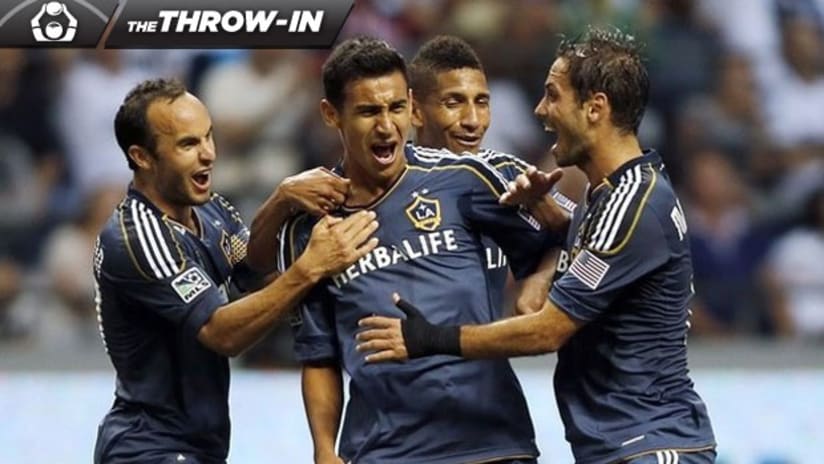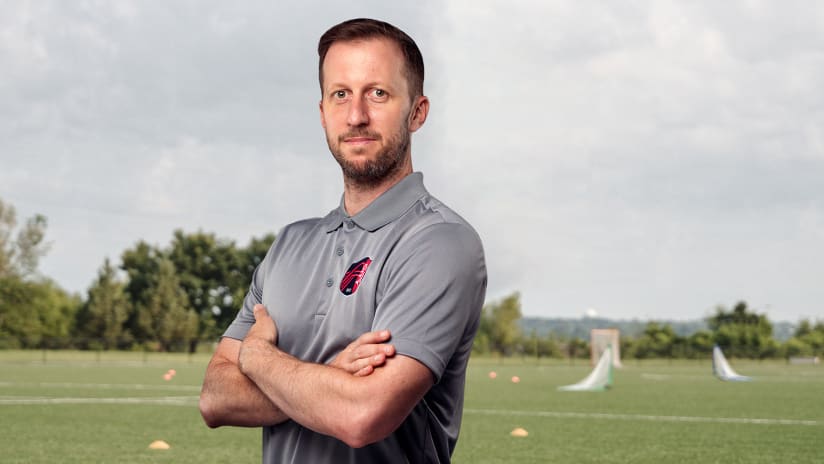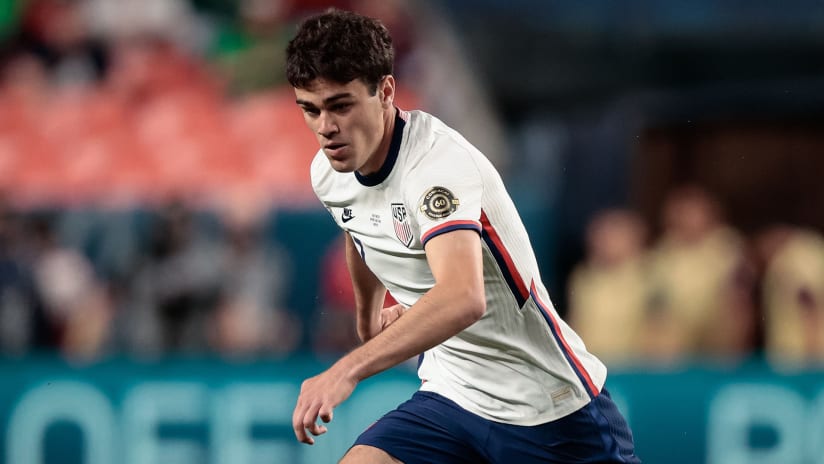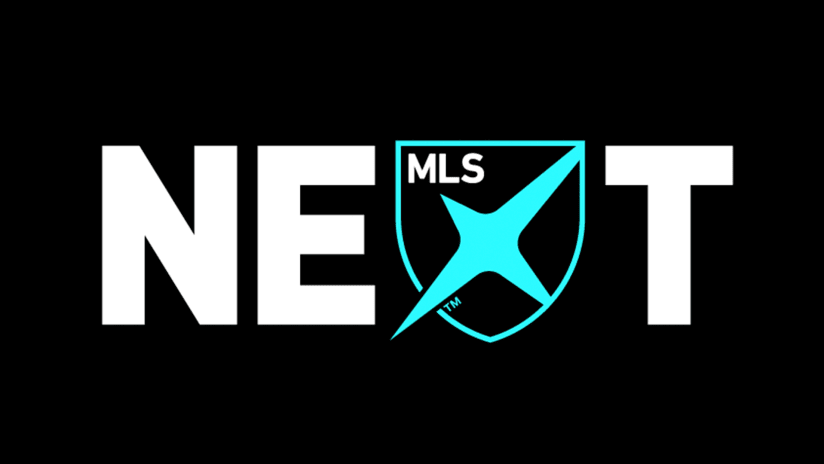Once upon a time, talk that a player of Kaká’s caliber was interested – and willing – to come to Major League Soccer used to send fans, league officials and pundits into ecstasy.
A FIFA World Player of the Year winner! That Brazilian fantasia! Star power galore!
So it comes as a bit of a surprise that the latest rumors have caused something of a backlash among certain corners of the MLS world. The strongest arguments go something like this: Aren’t we at the point now where big names from abroad aren’t crucial to the league’s success? The big names are great, but a league is only as strong as the players it develops and cultivates itself.
It’s a good argument, actually, and one that is perhaps summed up best by Leander Schaerlaeckens over at Fox Soccer in this excellent commentary.
The fear put forward by many is that MLS doesn’t need to become the English Premier League. And in fact, that shouldn’t be the model the league is chasing.
The EPL is by far the most well-known and glamorous league on earth. It generates the most revenue by more than $1 billion over its closest pursuers and has brand names that resonate everywhere from Antigua to Zanzibar. When big stars look for their new mega-contracts, England is one of the first tires they kick (especially to drive their asking prices up).
But the Premiership has also been suffering from an image crisis. All that spending by its big clubs on foreign talent has ignored the pipeline at home. That’s brought to bear by the failure of the English national team at every level of the pyramid in men’s soccer, from the senior level all the way down to the U-17s.
For every Manchester United – a successful club that does put something of an emphasis on growing its own stars – there are the nouveau riche who perpetuate the cycle.
And when you see a failure at the international level like the one we witnessed this week in the UEFA Champions League – Chelsea becoming the first defending champ to bow out at the group stage and Manchester City becoming the first English club to fail to win a game – it drives the point home even further.
What good is a glitzy roster of high-priced foreign stars when you can’t find the formula to be a consistent challenger for the ultimate prize? If that’s the eventuality, isn’t it better to focus on a robust league that is also grooming its own talent?
That’s the fear for MLS: a league full of New York Cosmos-like teams that are high on glamour, but lacking in infrastructure. That point was perhaps driven home last week when Commissioner Don Garber lamented the fact that the Homegrown Rule isn’t working yet.
But there’s something these critics are missing when it comes to the game here on these shores: You can be all these things to all people. That is, you can both collect the big stars to drive your brand while cultivating domestic, local talent to keep the pipeline deep and intrinsically connected to your community.
It’s easy to miss, but beyond David Beckham, Robbie Keane and Landon Donovan is the fact that the LA Galaxy won a second consecutive MLS Cup with the most locally flavored roster in MLS.
Donovan is the obvious one, of course. But consider Los Angeles-area natives Sean Franklin, Rafael Garcia, Hector Jimenez, Bryan Jordan, Jack McBean, Kyle Nakazawa, Brian Perk and Jose Villarreal, and that makes nine local players. Tack on Michael Stephens and Brian Rowe – UCLA alumni who have lived in the area since their late teens – and you’re quickly up to more than one-third of the roster.
Sure, the grand majority of these guys are bit players and youngsters. But they are the backbone of the Galaxy, and a handful of them will be given more responsibilities as they get older – nearly all of them were on display during the Galaxy’s run through the group stage of the CONCACAF Champions League.
This is living, breathing proof that you can have your cake and eat it, too: The most successful team in MLS has the big names and the local ties. And it’s the right mix that others are following – Sporting Kansas City had seven guys on their roster in 2012 with KC ties while D.C. United and San Jose had four apiece from their respective markets.
(For the record, Toronto FC and Chivas USA had eight apiece in 2012, but the results clearly aren’t there yet.)
As long as the flag-bearer of the league is getting this right, that forces everyone else to get in line. So for every Kaká that eventually comes to MLS, it’s just as important that an Oscar Sorto – a Galaxy Academy kid whom Bruce Arena said he’s about to sign to the first team – finds his way into the league.
As MLS continues to grow, that should be just as exciting.
Jonah Freedman is the managing editor of MLSsoccer.com. “The Throw-In” appears every Thursday.













